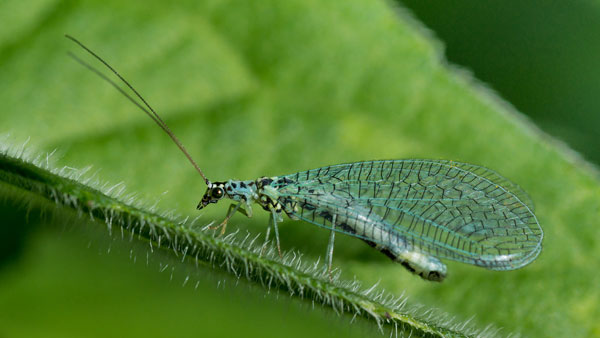Biopesticides are considered among the best low-risk and most highly effective tools for achieving crop protection in IPM systems. However, real world challenges often dictate that IPM systems combine the use of all control methods, including conventional chemistries, to optimize productivity and sustainability.
Research, field trials, and performance history prove that the most effective IPM programs typically consist of biocontrols used in combination or rotation with traditional chemistries. This optimizes the grower’s ability to 1) successfully manage pests with a variety of effective control mechanisms; 2) manage pesticide resistance through rotation of these effective chemistries; and 3) minimize the environmental impact of the production system.

